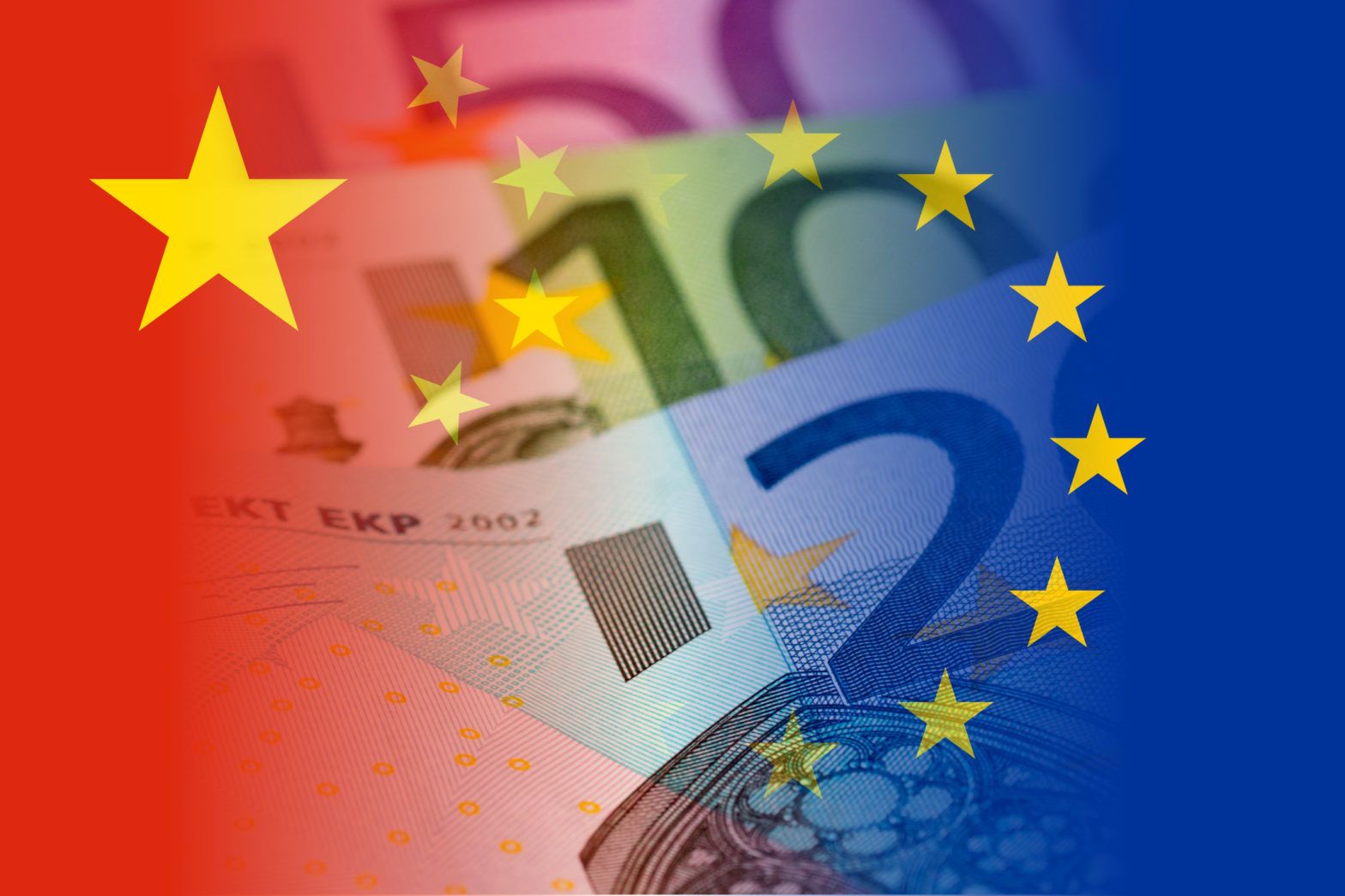China’s asset managers eye European investors
Trend growing for Chinese asset managers to launch Ucits or alternative investment funds in Europe.

Trend growing for Chinese asset managers to launch Ucits or alternative investment funds in Europe.

Legal & General Investment Management (LGIM) has got the green light for its Brexit plans for European Union clients from the Irish regulator.

Investor demand for equity funds sees Ucits sales hit at an all-time high in January.

Increasing costs associated with setting up and using Ucits products is helping to make Guernsey a more attractive location to establish funds, according to London-based fund management and advisory company Stratton Street Capital.

Goldman Sachs Fund Solutions (GSFS), a fund investments platform, has partnered with Europe’s largest asset manager Amundi to manage its Luxembourg-domiciled funds.

Mirabaud Asset Management has launched a fixed income Ucits that focuses on providing a diversified portfolio of global credit opportunities.

Schroders has launched its alternative strategies fund, Schroder GAIA Wellington Pagosa, with aims to provide investors a diversified consistent return stream.

Wells Fargo Asset Management (WFAM) has launched two Ucits, the Global Low Volatility Equity fund and the Global Long/Short Equity Fund, which will be sub-advised by Analytic Investors.

Blackrock has finally expanded its range of sustainable equity ETFs with a global equity tracker. It is slightly cheaper than its main competitor.

PGIM Investments, the asset management arm of US insurer Prudential Financial, has registered a range of Ucits funds for sale in five new markets.

In this video interview, Wilhelm Zehender, a fund analyst at VP Fund solutions in Liechtenstein, explains why he has started investing in alternative Ucits funds alongside his traditional hedge fund portfolio. He also reflects on the returns he has made on his investments…

In part two of this video interview, Frank Reisbol reveals what an alternative Ucits strategy needs to pass his strict litmus test.